We spent some time, initially struggling, and then with the aid of my marvelous diagrams, whizzing through Descartes’ various ways of classifying various kinds of ideas.
We saw that for Descartes, the less an idea has to with the external, physical world of the senses, the more reliable it is likely to be. So whereas an ‘idea’ or ‘image’ of a cat sat right in front of you on a sunny day will give you a ‘clear’ image (or idea) of a cat, the idea will not be ‘distinct’ because it relies on the unreliable senses. Mathematical and geometrical concepts on the other hand are both ‘clear’ and ‘distinct’ as they do not, according to Descartes, depend on ‘external’ circumstances. He goes on to try to establish the extent to which different classes of ‘idea’ depend on the external world for their ‘truth value’ and again concludes that those most independent of the physical world are the most certain. That will be maths and God again, then! (no disrespect Monsieur Descartes, but we begin to see a pattern here!) (I hope).









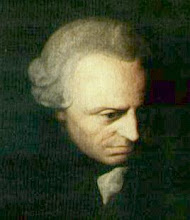


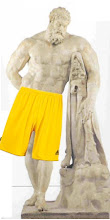


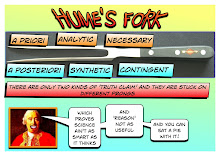
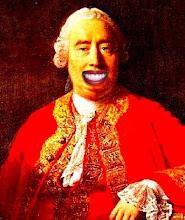



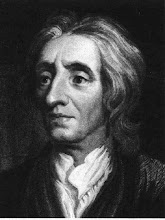.jpg)

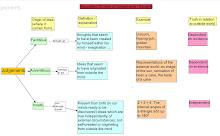
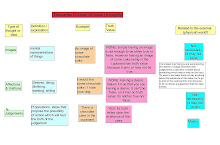
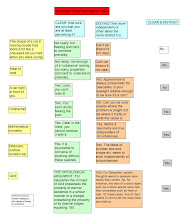



No comments:
Post a Comment